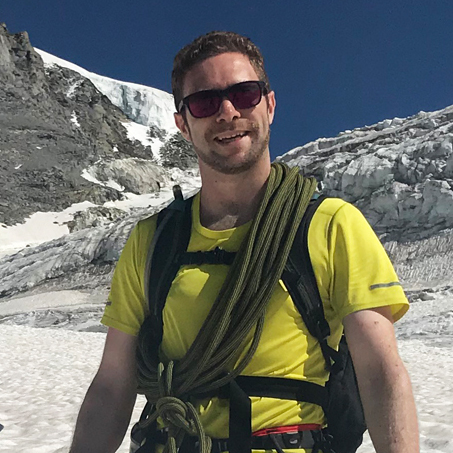Fly camping "epidemic" near a Lake District beauty spot is leaving local residents heartbroken - here's how to wild camp without spoiling it for everyone else
Scorched grass, human excrement, trash strewn across the ground, entire tents left behind, and a discarded zombie knife are just some of the complaints
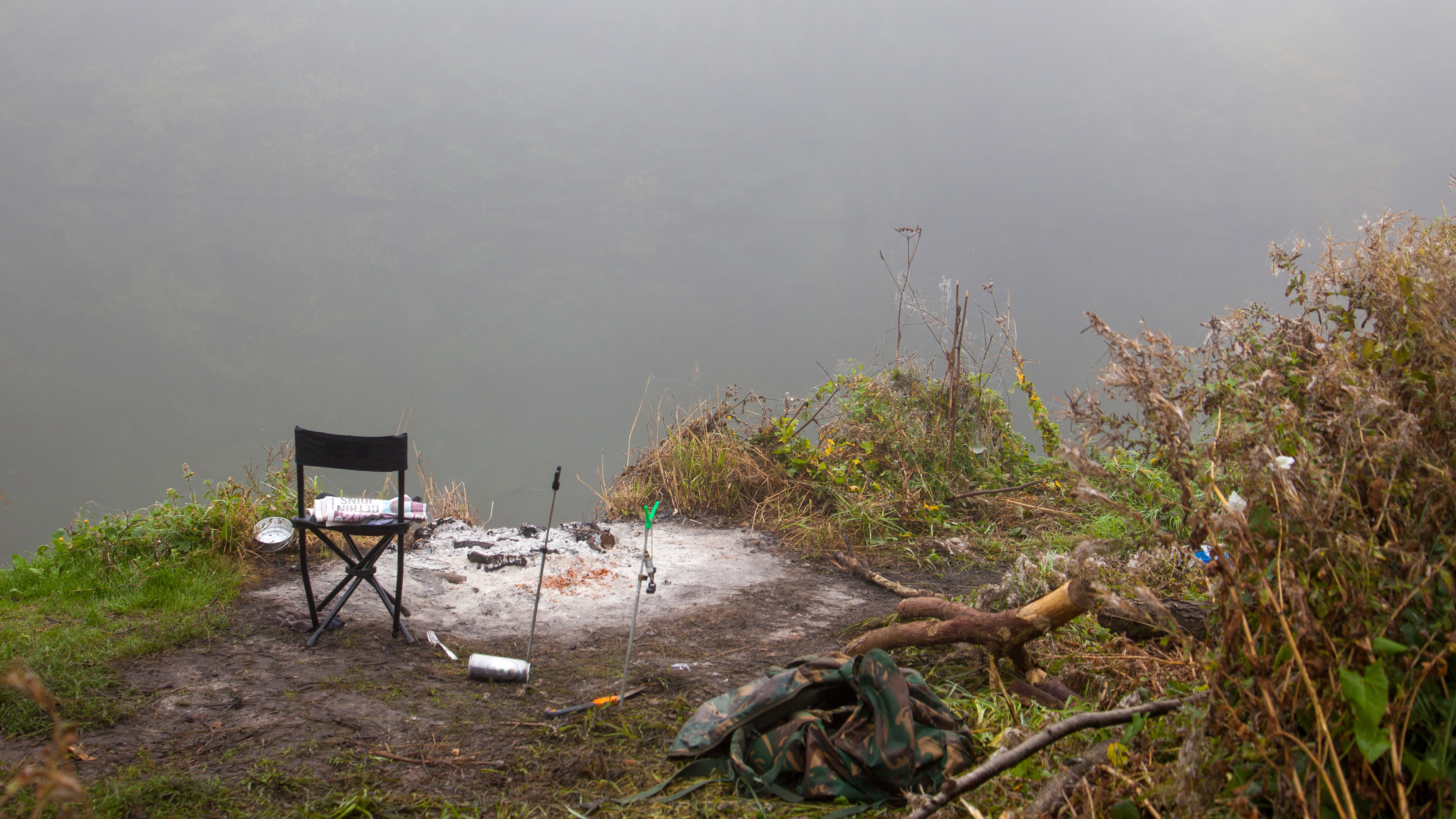
At Ullswater in the English Lake District, the sublimely beautiful lake where poet William Wordsworth once famously 'wandered lonely as a cloud', a terrible "epidemic" is occurring according to local people.
As reported in the Manchester Evening News, residents say they are "heartbroken" by the scale of the region's fly camping problem. They say that campers are leaving sites strewn with trash, leaving scorched earth from disposable barbecues, leaving tents behind and, in one shocking case, a resident even discovered a discarded 12in zombie knife.
Anti-social behavior has also been reported, such as campers playing loud music through portable speakers, chopping down trees for firewood and harming wildlife.
Locals say that it's often up to them to clean up the mess left behind. One resident, Clive Rowlandson, 54, said that residents were "frustrated" that authorities, such as the local council and National Trust, aren't challenging fly campers enough.
Wild camping and fly camping
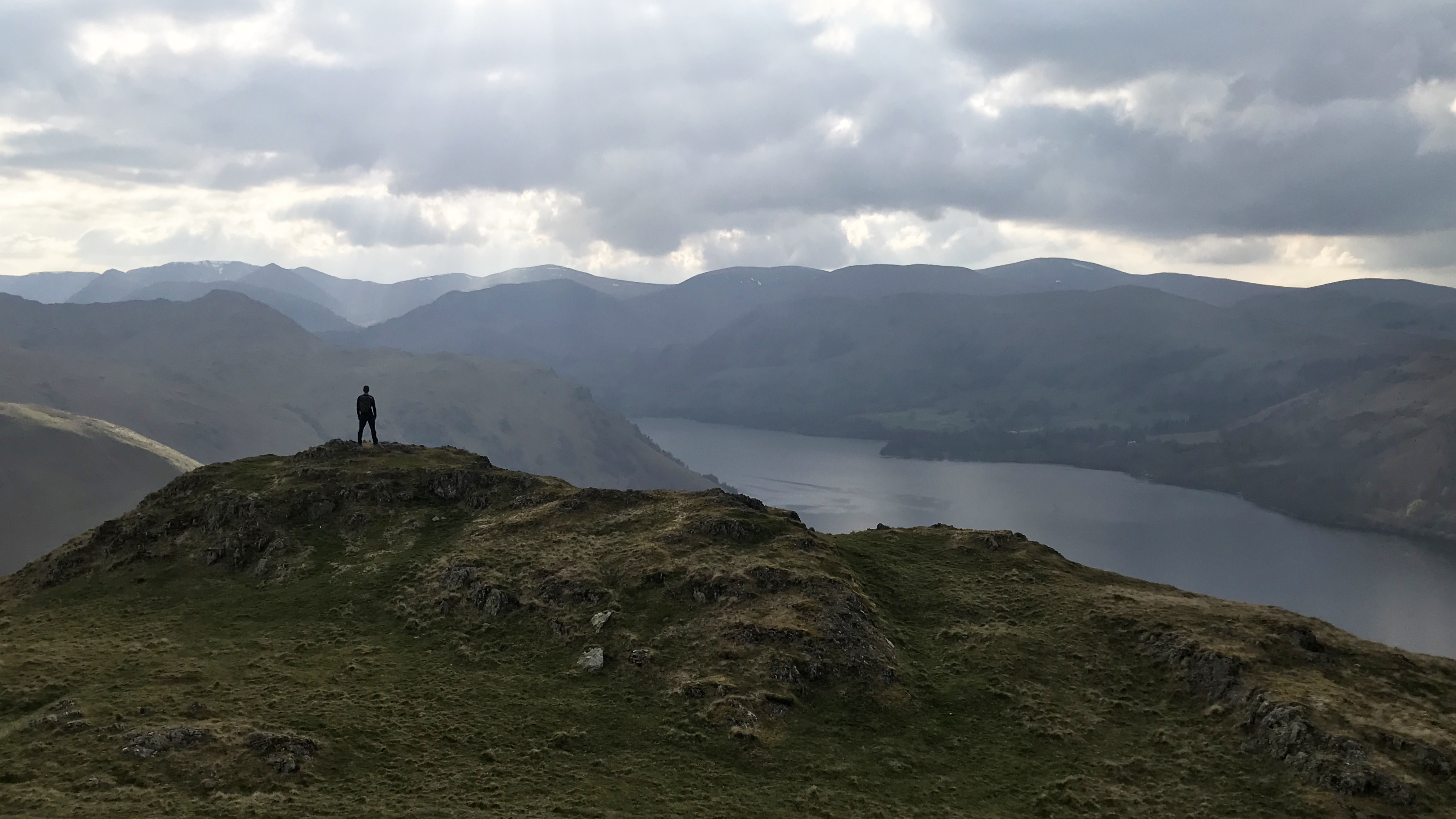
Camping outside of designated campsites is technically illegal in the Lake District, as well as across most of England and Wales. However, wild camping is generally tolerated in national parks and other national landscapes if done respectfully. This includes pitching high, above the highest wall, and by adhering to Leave No Trace principles.
Wild campers are at pains to highlight the difference between this and fly camping, which doesn't adhere to the ethos of respectful wild camping. Fly camping typically involves larger groups pitching their tents in a valley, often near the roadside. Unfortunately, it seems some of these groups are either unaware of the leave no trace principles or are in defiance of them. Discarded trash, tents and ruined sites are commonplace.
A negative generational shift
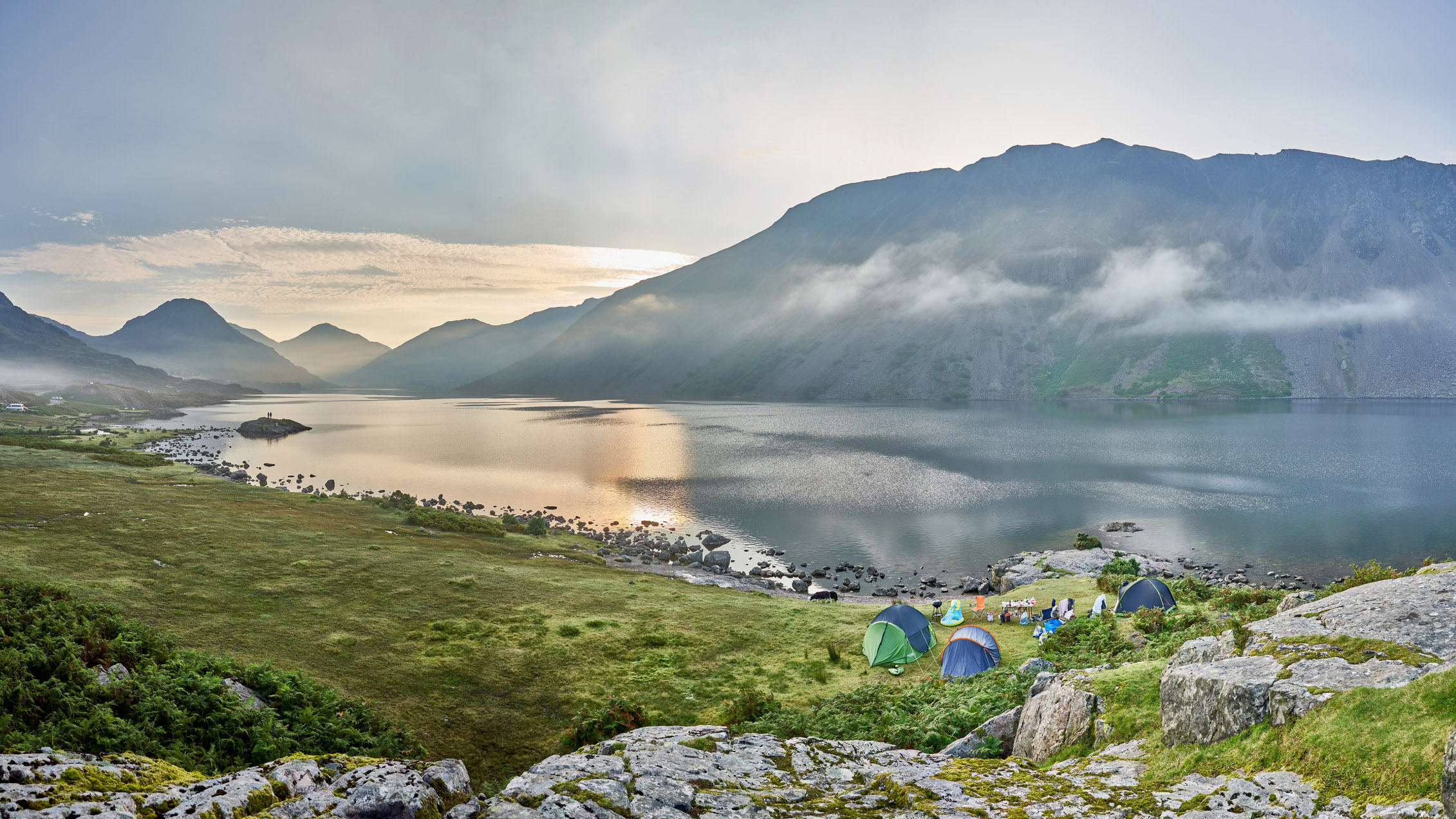
Acclaimed local filmmaker Terry Abraham, who lives in the nearby Eden Valley, says the issue around fly camping in the Lake District is getting "out of hand" and that he's noticed "a negative generational shift in under 30s when it comes to respecting nature".
All the latest inspiration, tips and guides to help you plan your next Advnture!
He added: "It has got to the point where I no longer want to go for a walk or cycle about Ullswater or the fells as it makes my blood boil and breaks my heart."
The issue underlines the challenge faced by those who'd want to see wild camping legalized across England and Wales. A victory was won in May 2025, when the right to wild camp in large parts of England's Dartmoor National Park was upheld after a legal challenge by Alexander Darwall, a wealthy landowner.
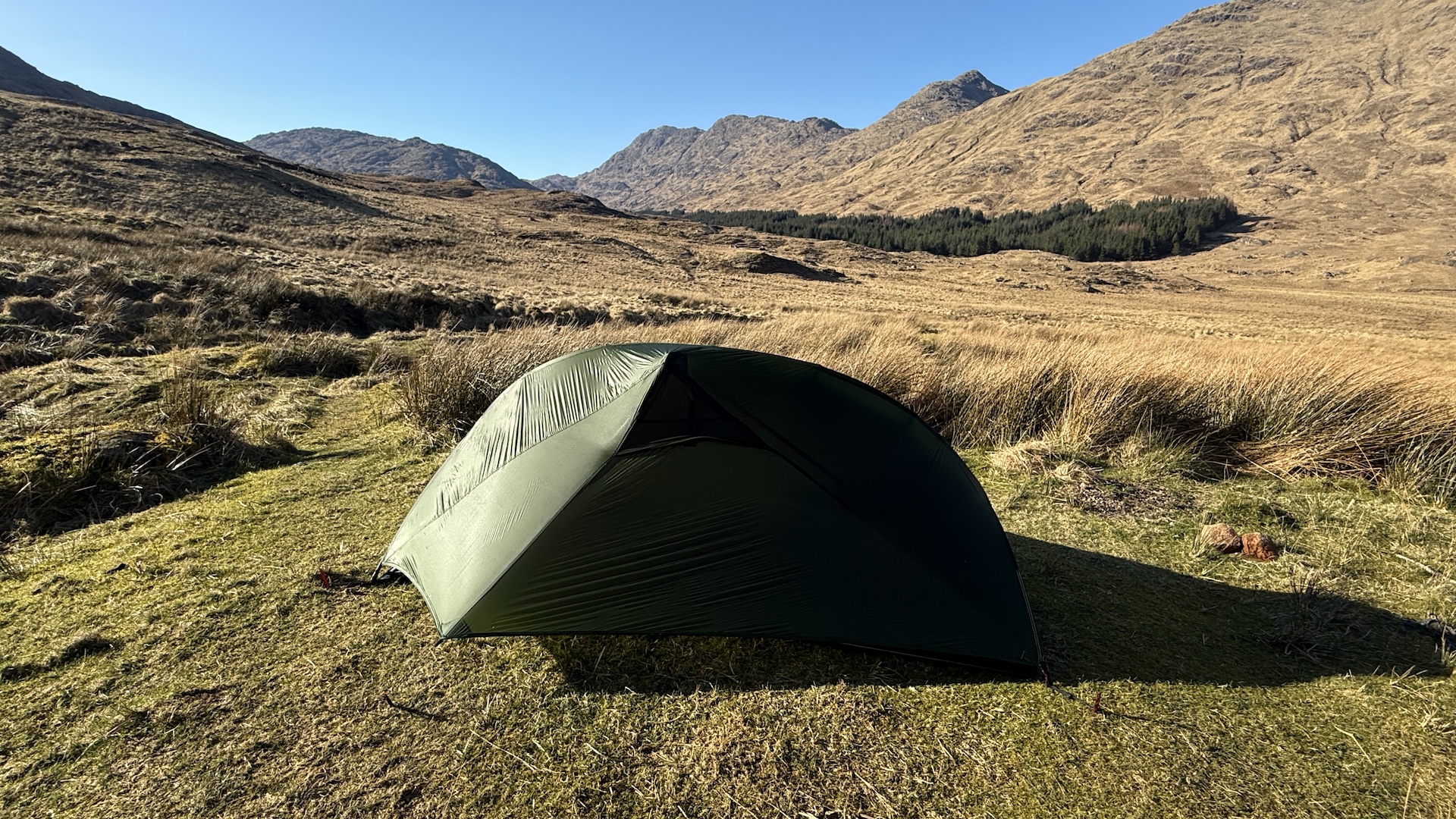
On the back of this, in June 2025 the British Mountaineering Council – the national representative body for climbers, hill walkers and mountaineers – launched its We Wild Camp campaign. The campaign is designed to raise wild camping's profile, lead to reform and share best practice.
One of the key aims is to improve education around responsible camping and deal with the rise of fly camping.
Upon the launch of the campaign, Eben Muse, BMC policy and campaigns officer for Wales, said: "We acknowledge that fly camping, done by a minority, is having a negative impact on our landscapes, especially in hotspot areas.
"As a community we need to pull together to reduce that impact, both in terms of directly tackling litter and waste in the countryside and by helping to give everyone the tools and awareness to know what good practice looks like when wild camping."
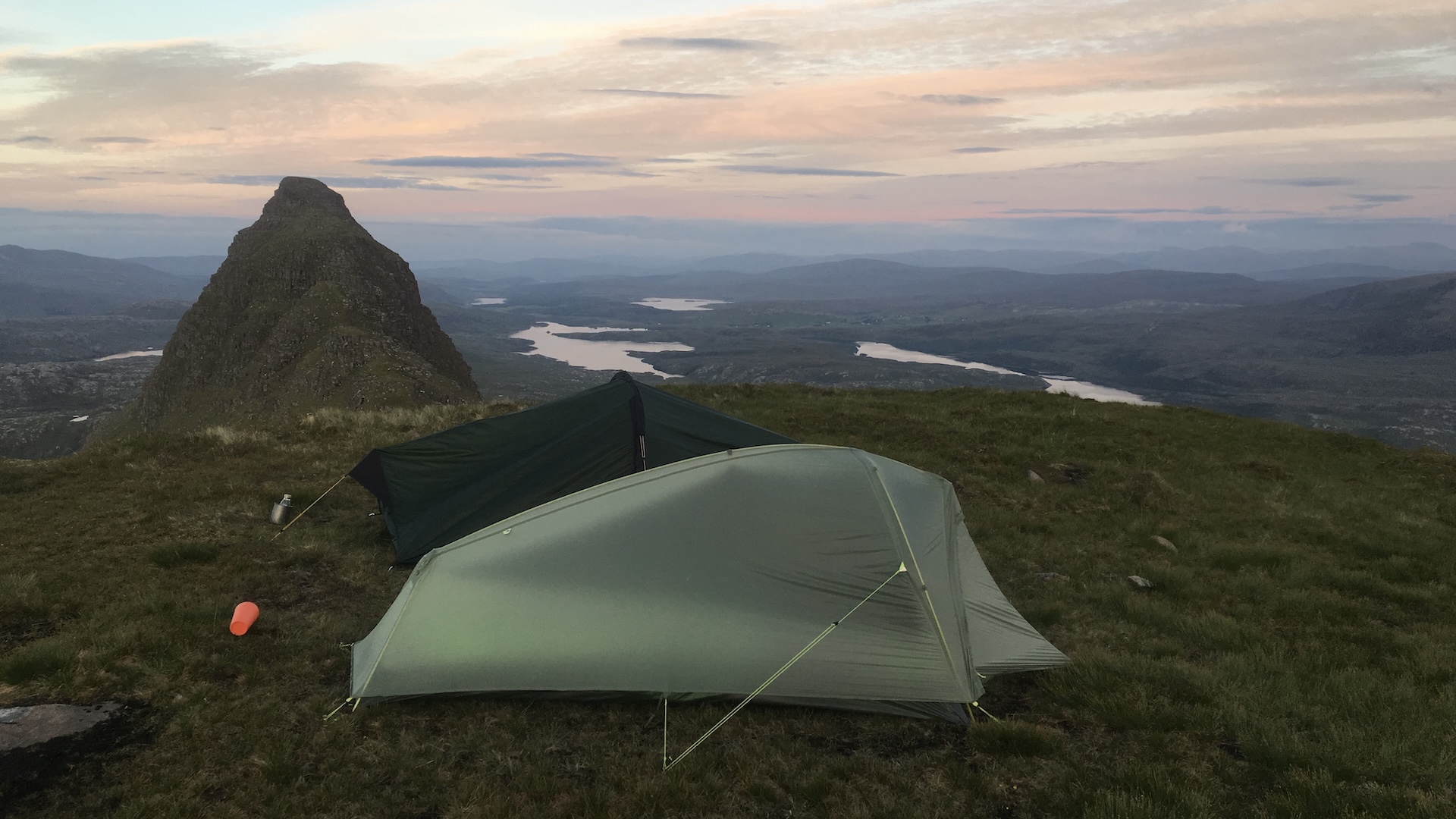
One of the ways the BMC is combatting fly camping is via the Wild campers tackling fly camping Facebook group, a forum to "discuss how to leave the countryside better than we found it".
The campaign is also calling for six key changes to allow for reform. These include:
- National Park Authorities to be given the power to create wild camping zones to help manage responsible wild camping and tackle fly camping.
- Guidance on how to wild camp responsibly to be included within an updated version of the countryside code.
- Additional funding for National Parks, National Landscapes, and land managers to support responsible wild camping in the right place.
- A substantial new investment in young people's outdoor education to help improve understanding and skills needed to wild camp responsibly.
Leave No Trace
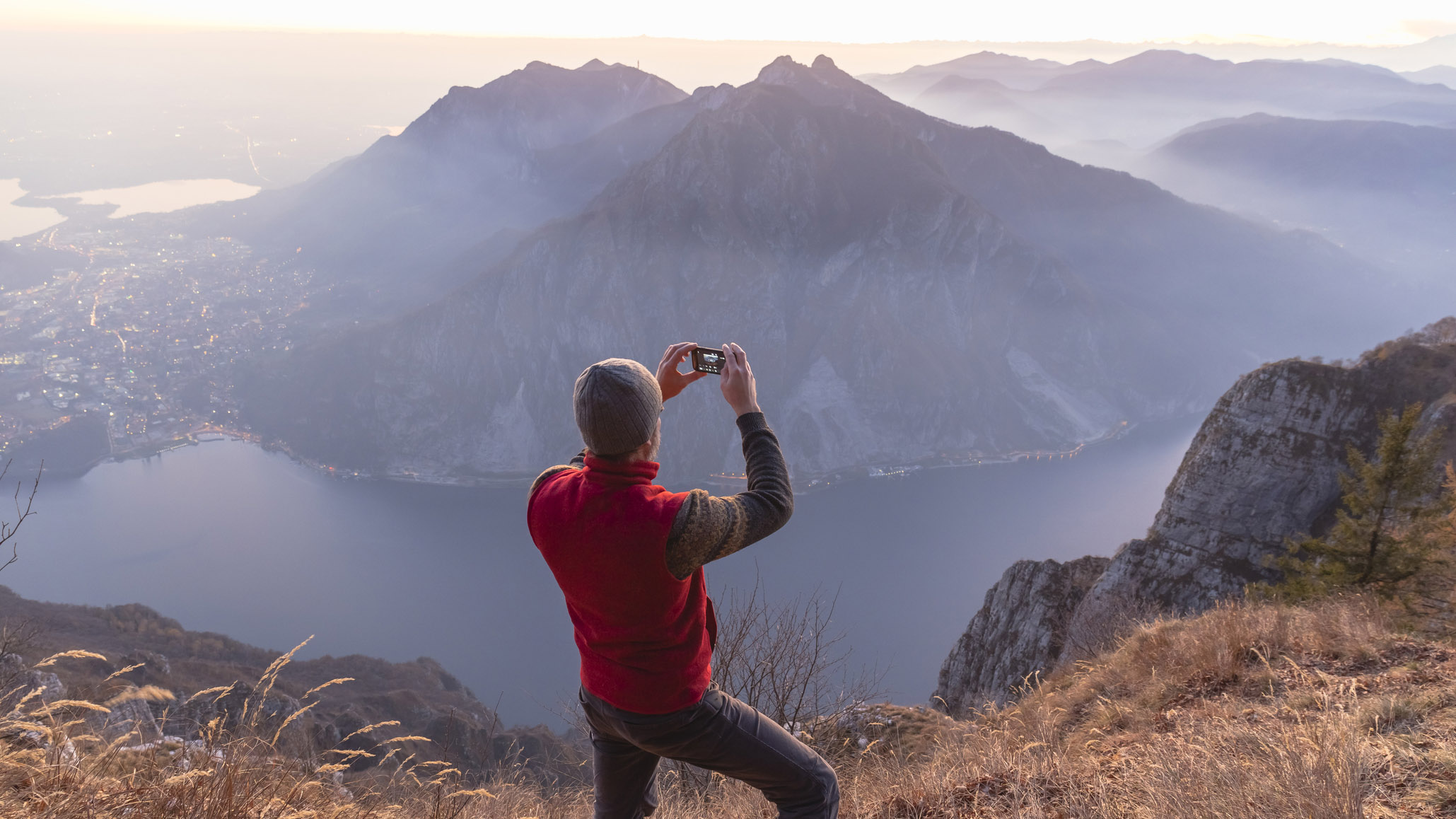
The Leave No Trace initiative lays down a set of principles to follow in order to protect the natural environment we all love to explore. Our definitive guide goes into more detail but the main principles are as follows:
- Leave what you find
- Plan ahead and prepare
- Travel and camp on durable surface
- Dispose of waste properl
- Minimise campfire impact
- Respect wildlife
- Be considerate of other visitors
Alex is a freelance adventure writer and mountain leader with an insatiable passion for the mountains. A Cumbrian born and bred, his native English Lake District has a special place in his heart, though he is at least equally happy in North Wales, the Scottish Highlands or the European Alps. Through his hiking, mountaineering, climbing and trail running adventures, Alex aims to inspire others to get outdoors. He's the former President of the London Mountaineering Club, is training to become a winter mountain leader, looking to finally finish bagging all the Wainwright fells of the Lake District and is always keen to head to the 4,000-meter peaks of the Alps. www.alexfoxfield.com
